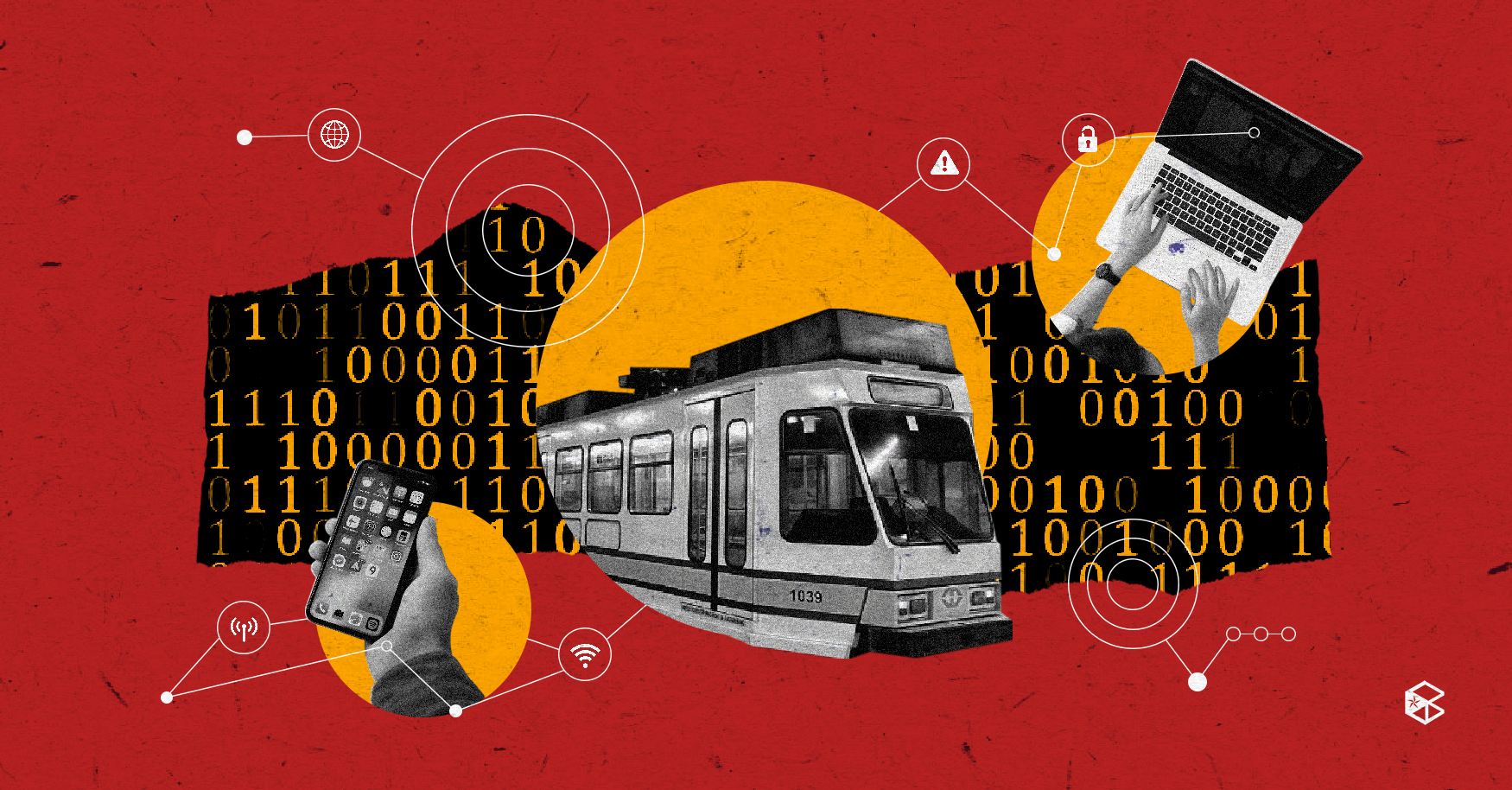With 19-3-0 votes, the Senate approved to pass Senate Bill No. 2094, granting foreigners legal rights to own 100% of public services such as the transport system and telecommunications services, as well as amending the existing Public Services Act (PSA).
19 senators voted in favor of passing the Senate Bill 2094 right after its third and final reading on Dec 15. The remaining three senators–including Senate President Pro-Tempore Ralph Recto, and opposition senators Risa Hontiveros and Kiko Pangilinan–voted against the bill.
According to the Senate Public Services Committee Chairperson Grace Poe, the bill would empower the Philippines to be more economically competitive within the Southeast Asian region given that the majority of its neighbouring countries have long eased restrictions of foreign investments.
“Future generations of Filipinos will truly benefit from what we have started in our chamber today,” Poe added.
Once legislated into a law, SB 9024 would liberalize public services in the country, opening telecommunications, railways, subways, domestic shipments, and airlines to full foreign ownership. In addition, the Bill shall serve as an amendment to the existing Commonwealth Act 46 or the Public Service Act which identifies the definition of public services and public utilities, making a distinction between the two.
In the 1987 Philippine Constitution, foreign investment and businesses follow a 60-40 equity rule where 60% of the businesses, specifically concerning public utilities, should be owned by a Filipino citizen while the rest can be owned by a foreign investor. In Section 11 under Article XII of the Constitution, 60% of the capital stock of public utilities was reserved for the Filipino citizens, corporations, or associations to own, operate, control, and manage.
However, SB 9024 draws a distinction on the definition between a public utility and public service. Under the bill, what constitutes a public utility is limited to the following: electric distribution and transmission, water pipeline distribution and sewerage, airports, seaports, and public utility vehicles. Whereas, public services are considered as those “non-rivalrous or imbued with public interest.”
The final version of the bill also amended how foreign state owned enterprises are referred to as “an entity in which a foreign state directly or indirectly owns more than 50% of the capital taking into account both the voting rights and beneficial ownership.”
Once SB 9024 is signed into a law, it will exempt other industries considered as public services from the constitutional 60-40 equity rule on foreign ownership. This would grant foreign investors the access to fully own industries establishing public services in the country. Such measures would liberalize the Philippine economy–by being more open to foreign investments, it has the potential to improve Filipinos' access to technology, and could modernize and diversify the transport system benefitting Filipino consumers.
While the bill’s objective of liberalizing and diversifying the country’s economy to foreign investments is promising, it has also received dissenting views.
Senator Hontiveros made a statement that modernization and development of the country should not compromise national security. She warned that such law makes the Philippines vulnerable to threats, especially in relation to its territorial dispute with China.
”By allowing 100% foreign ownership, we are opening our phones and all our internet-connected devices, appliances, and critical public facilities to foreign state and non-state interests that may have malevolent designs on our national security," she said.
In March 2020, the House of Representatives approved its own version of the bill, namely House Bill (HB) No. 78, with the same amendments and provisions. Since then, opposing lawmakers have argued that such proposed amendments are ‘unconstitutional.’ Gabriela Representative Arlene Brosas claimed that the passage of the bill could be considered as an “economic charter change.” Similar to Hontiveros’ argument, she also stated that opening our public services to full ownership of foreign investors leaves our critical infrastructures at risk.
Given that the House of Representatives had their own version of the Bill from March 2020, the House and the Senate would have found the need to commence a bicameral conference committee to settle the conflicting provisions of both versions.
Nonetheless, the bill is one step closer from being legislated as a law as it now only awaits President Rodrigo Duterte's signature.


